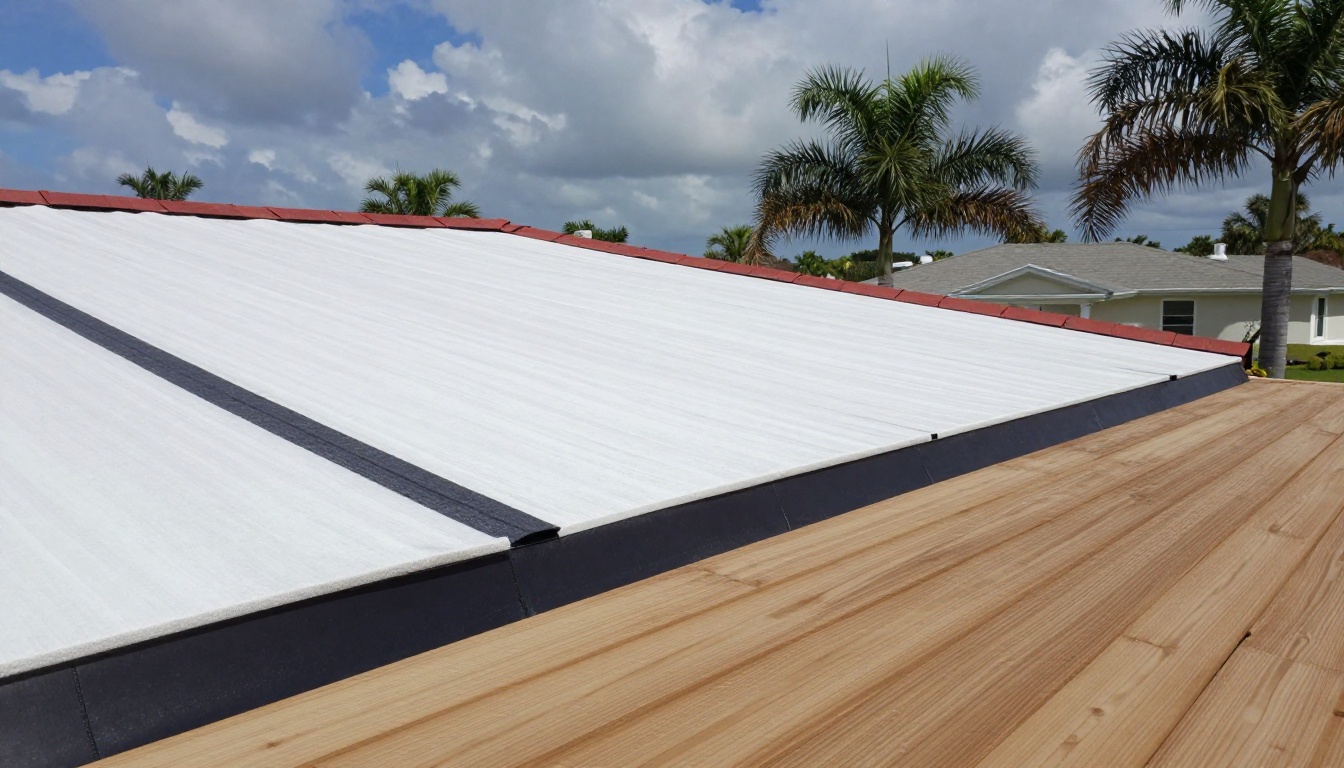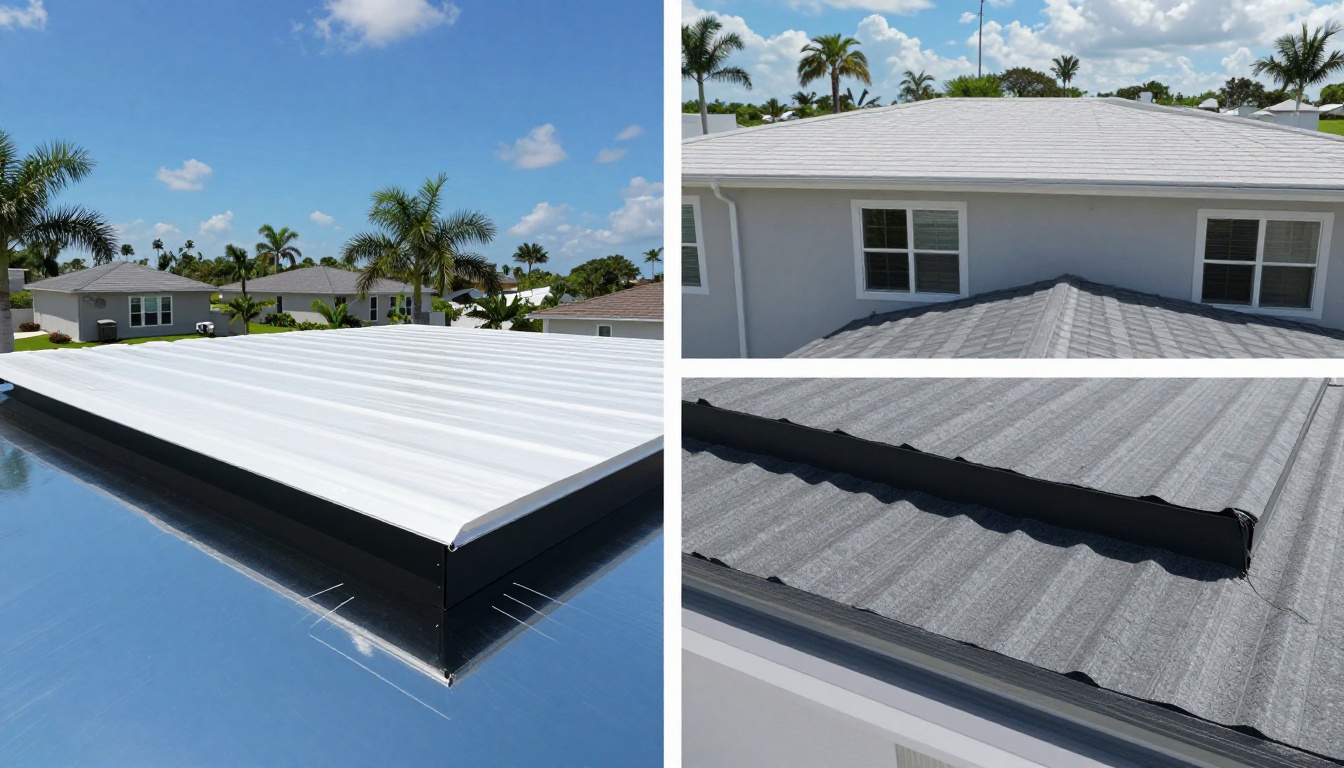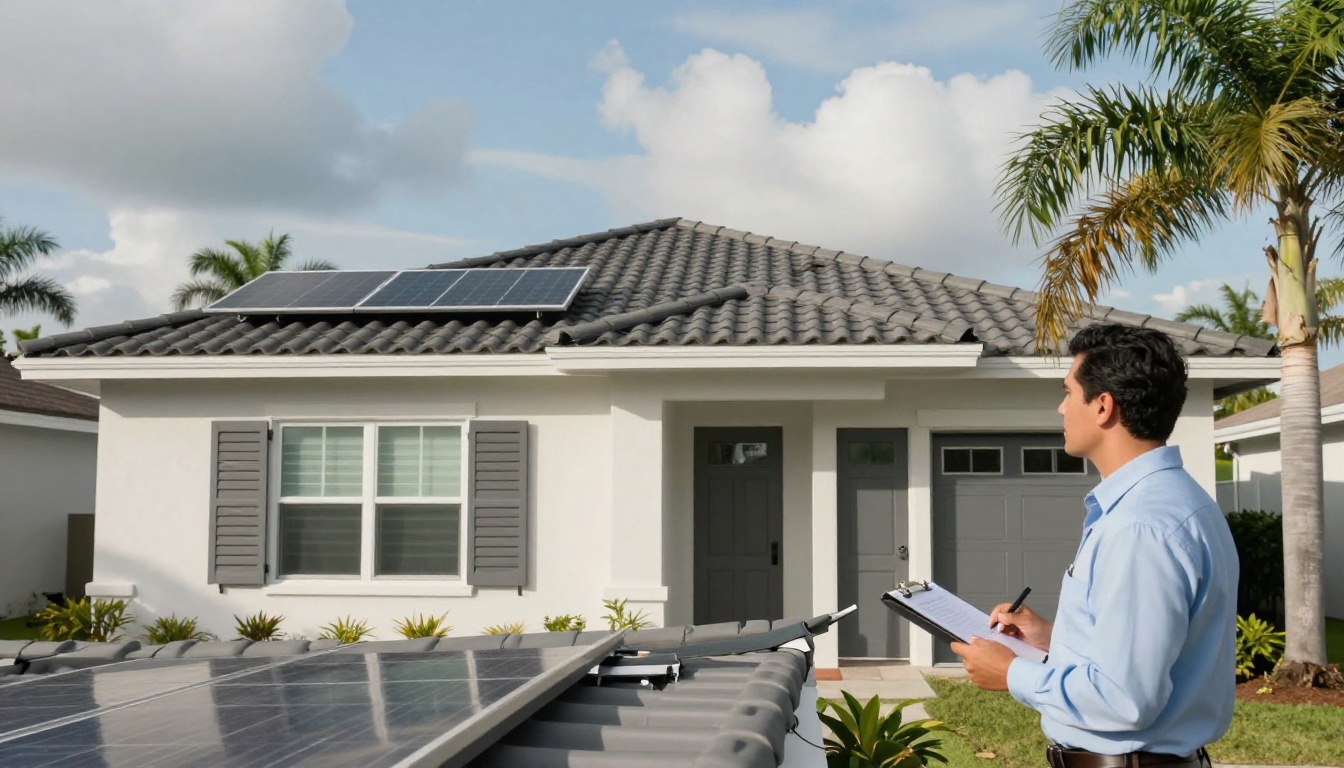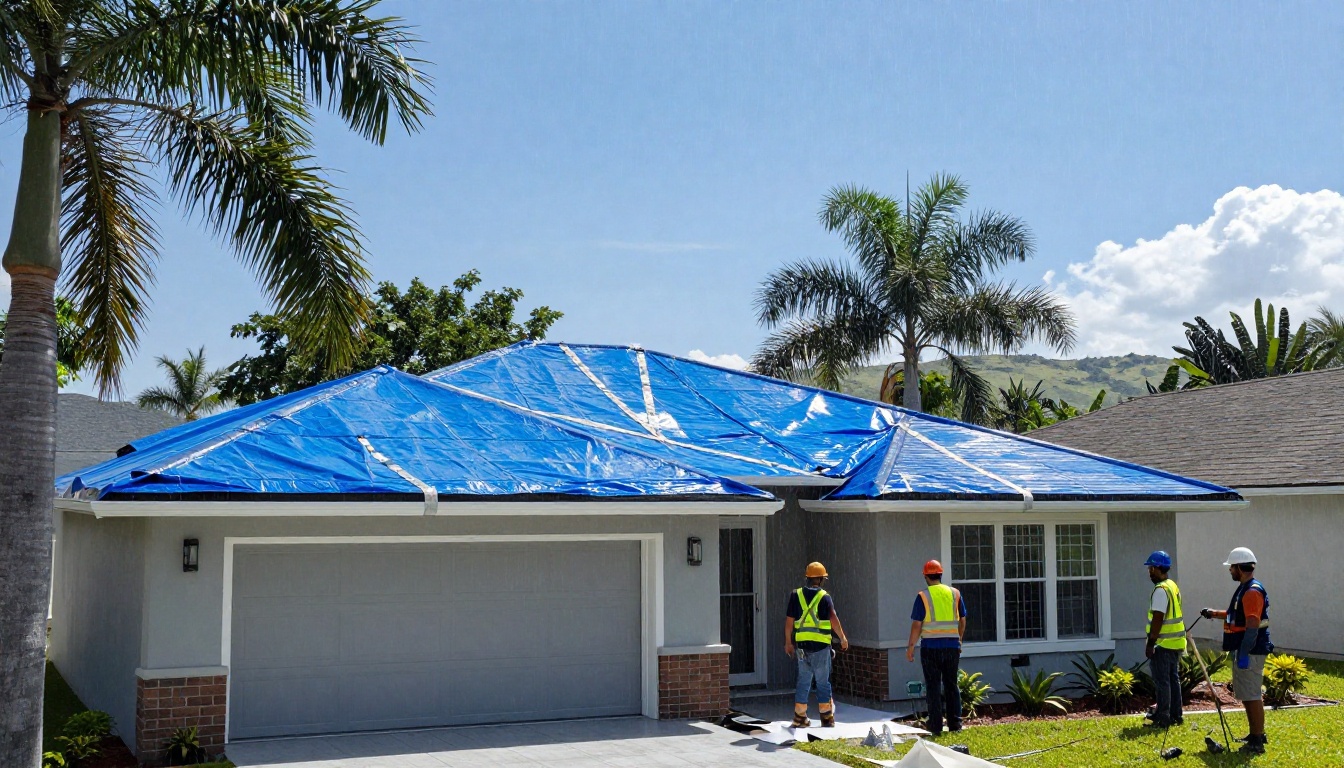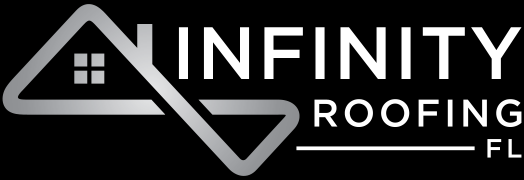Understanding Roofing Warranties: A Guide for Cape Coral Homeowners
Understanding Roofing Warranties: A Guide for Cape Coral Homeowners
What Is a Roofing Warranty?
A roofing warranty is essentially a promise from either the manufacturer or the contractor to cover certain issues that may arise after your roof is installed. There are two main types of warranties: material warranties, which come from the manufacturer and cover defects in the roofing materials, and workmanship warranties, which come from the contractor and cover errors made during installation. For Cape Coral homeowners, understanding these warranties is crucial because they provide peace of mind and financial protection against unexpected roof failures.
Roofing warranties matter because they help protect one of the most significant investments in your home. Whether you’re dealing with shingle defects or installation mistakes, a good warranty can save you thousands of dollars in repairs. With Cape Coral’s unique weather challenges, having a solid warranty ensures that your roof remains durable and reliable over time. Now, let’s dive into the different types of roofing warranties available.
Types of Roofing Warranties
The first type of roofing warranty is the manufacturer warranty, which covers the materials used on your roof. These warranties often come in two forms: limited and full. A limited warranty might only cover specific defects, while a full warranty provides broader coverage. Some warranties are prorated, meaning the compensation decreases over time, whereas non-prorated warranties offer consistent coverage throughout their term.
Next, there are workmanship warranties provided by the contractor who installs your roof. These warranties focus on the quality of the installation and typically last anywhere from one to ten years. Extended or system warranties combine both material and workmanship coverage, offering comprehensive protection for your roof. These warranties are especially valuable for Cape Coral homeowners who want all-encompassing security.
Finally, it’s important to note whether a warranty is transferable or non-transferable. Transferable warranties allow you to pass the coverage to a new homeowner if you sell your property, which can increase resale value. Non-transferable warranties, on the other hand, end when the original homeowner moves out. Understanding these distinctions helps you make informed decisions about your roofing investment.
Key Terms and Conditions to Examine
When reviewing a roofing warranty, the duration is one of the first things to check. Some warranties last for 20 years, while others may extend up to 50 years or more. Longer warranties generally indicate higher-quality materials and craftsmanship. However, it’s essential to also consider what the warranty actually covers during this period.
Coverage details can vary significantly between warranties. Some may only cover manufacturing defects, while others include installation errors or even incidental damages. Exclusions are another critical area to examine, as they outline what the warranty does not cover. For instance, many warranties exclude damage caused by natural disasters or improper maintenance. Knowing these exclusions upfront can prevent surprises later.
Lastly, always look at the transferability clause. If you plan to sell your home, a transferable warranty can be a major selling point. Reading the fine print ensures you understand exactly what you’re getting and how it impacts your long-term protection. This knowledge empowers you to make smarter choices about your roofing needs.
What Is Commonly Covered and Not Covered?
Typically, roofing warranties cover issues like shingle defects , leaks caused by faulty materials , and installation errors made by the contractor. These protections ensure that your roof performs as expected without premature failures. However, it’s important to note that coverage specifics can differ depending on the warranty provider.
On the flip side, warranties usually exclude problems caused by extreme weather events, improper maintenance , or unauthorized modifications. For example, adding solar panels without approval could void your warranty. Understanding these limitations helps you avoid actions that might jeopardize your coverage. Next, we’ll explore why some warranties get invalidated altogether.
Reasons Roofing Warranties May Be Invalidated
One of the most common reasons warranties become void is incorrect installation. Even high-quality materials won’t perform well if they aren’t installed properly. Another frequent issue is neglecting regular maintenance, such as cleaning gutters or inspecting for damage. Without proper care, small problems can escalate, leading to warranty disputes.
Other factors that can invalidate a warranty include improper ventilation, unauthorized modifications, and failing to report damage promptly. For instance, installing a skylight without permission or ignoring visible signs of wear and tear can result in denied claims. Being aware of these pitfalls helps you maintain your warranty’s validity and avoid costly repairs.
How to Maintain Your Warranty Validity
To keep your roofing warranty valid, regular inspections and professional maintenance are key. Scheduling annual check-ups with a qualified roofer ensures that any issues are caught early before they escalate. Additionally, following any specific guidelines outlined in your warranty—such as using approved cleaning methods—helps preserve your coverage.
Documenting all maintenance activities is equally important. Keep detailed records, including receipts and inspection reports, as proof of compliance. If a claim arises, having this documentation readily available strengthens your case. By staying proactive, you can maximize the benefits of your warranty and protect your investment.
The Warranty Claims Process
Filing a roofing warranty claim involves several steps, starting with a thorough review of the warranty terms. Once you’ve identified an issue covered under the warranty, notify the provider immediately. Timeliness is critical, as delays can complicate the process or even lead to denial.
When submitting your claim, gather all necessary documentation, such as photos of the damage, receipts for related expenses, and any correspondence with the contractor. Follow the provider’s instructions carefully to ensure a smooth resolution. By staying organized and responsive, you increase your chances of a successful outcome.
Choosing the Right Roofing Warranty for Cape Coral Homes
Selecting the best roofing warranty requires careful consideration of factors like coverage scope, duration, and transferability. Ask potential contractors about their warranty offerings and compare them to industry standards. Pay special attention to how well the warranty addresses Cape Coral’s unique climate risks, such as humidity and salt air exposure.
Don’t hesitate to shop around and consult multiple providers. Comparing warranties from different brands and contractors ensures you find the option that best suits your needs. Remember, the right warranty not only protects your roof but also enhances your home’s overall value. Now, let’s discuss how local weather patterns influence warranty terms.
Impact of Local Climate and Extreme Weather
Florida’s weather poses unique challenges for roofs, from hurricane-force winds to torrential rains. Many warranties exclude damage caused by severe storms or “acts of God,” leaving homeowners reliant on their insurance policies. For Cape Coral residents, understanding these limitations is vital to ensuring adequate protection against the region’s unpredictable climate.
Comparing Top Roofing Warranty Providers
Among the top roofing warranty providers in Florida, GAF stands out for its comprehensive coverage options. Their warranties often include both material and workmanship guarantees, making them a popular choice for homeowners. Other reputable brands like Owens Corning and CertainTeed also offer strong warranties, though terms may vary slightly.
Service reputation is another factor to consider when comparing providers. Look for companies with positive customer reviews and a track record of honoring claims. By choosing a trusted brand, you gain confidence in your roof’s durability and longevity. With so many options available, doing your homework pays off in the long run.
Transferability: What Happens When You Sell Your Home?
A transferable warranty allows you to pass your roof’s remaining coverage to the new homeowner, potentially boosting your property’s resale value. While transferring the warranty usually requires notifying the provider and paying a fee, the benefits often outweigh the costs. This feature makes your home more attractive to buyers seeking peace of mind.
Professional Help: When to Consult a Roofing Expert
If you’re unsure about interpreting your warranty language or handling a claim dispute, consulting a roofing expert is wise. A reputable contractor or warranty specialist can clarify complex terms and guide you through the claims process. Their expertise ensures you receive fair treatment and maximum benefit from your warranty.
FAQs About Roofing Warranties in Cape Coral
-
How long do most roofing warranties last?
Most roofing warranties last between 20 and 50 years, depending on the materials and provider. Factors like climate, maintenance, and the type of warranty influence the exact duration. Always confirm the timeline with your contractor or manufacturer to avoid misunderstandings.
-
Can my roofing warranty be transferred to a new homeowner?
Yes, many warranties are transferable, but this depends on the provider’s terms. Transferring a warranty typically involves notifying the provider and paying a fee. This feature adds value to your property and reassures potential buyers about the roof’s condition.
-
What actions can void my roofing warranty?
Common actions that void warranties include DIY repairs, unauthorized modifications (like adding solar panels), and neglecting routine maintenance. To avoid losing coverage, always follow the warranty guidelines and consult professionals for any changes or repairs.
-
Does a roofing warranty cover hurricane or storm damage?
No, most roofing warranties exclude damage caused by hurricanes, storms, or other natural disasters. For such events, homeowners must rely on their insurance policies. Understanding this distinction helps you prepare financially for extreme weather risks in Cape Coral.
-
How do I file a roofing warranty claim?
To file a claim, start by reviewing your warranty terms and notifying the provider of the issue. Gather supporting documents, such as photos and receipts, and submit them according to the provider’s instructions. Acting promptly and thoroughly increases your chances of a successful resolution.
Conclusion
Roofing warranties play a vital role in protecting Cape Coral homeowners from unexpected repair costs. By understanding the different types of warranties, key terms, and common exclusions, you can make informed decisions about your roof. Regular maintenance and careful documentation further ensure your warranty remains valid and effective.
For personalized advice on your roofing warranty in Cape Coral, reach out to a trusted local roofing specialist today to safeguard your home and your investment. Scrutinizing terms, maintaining records, and acting quickly on potential claims will help you maximize the benefits of your warranty and enjoy lasting peace of mind.
